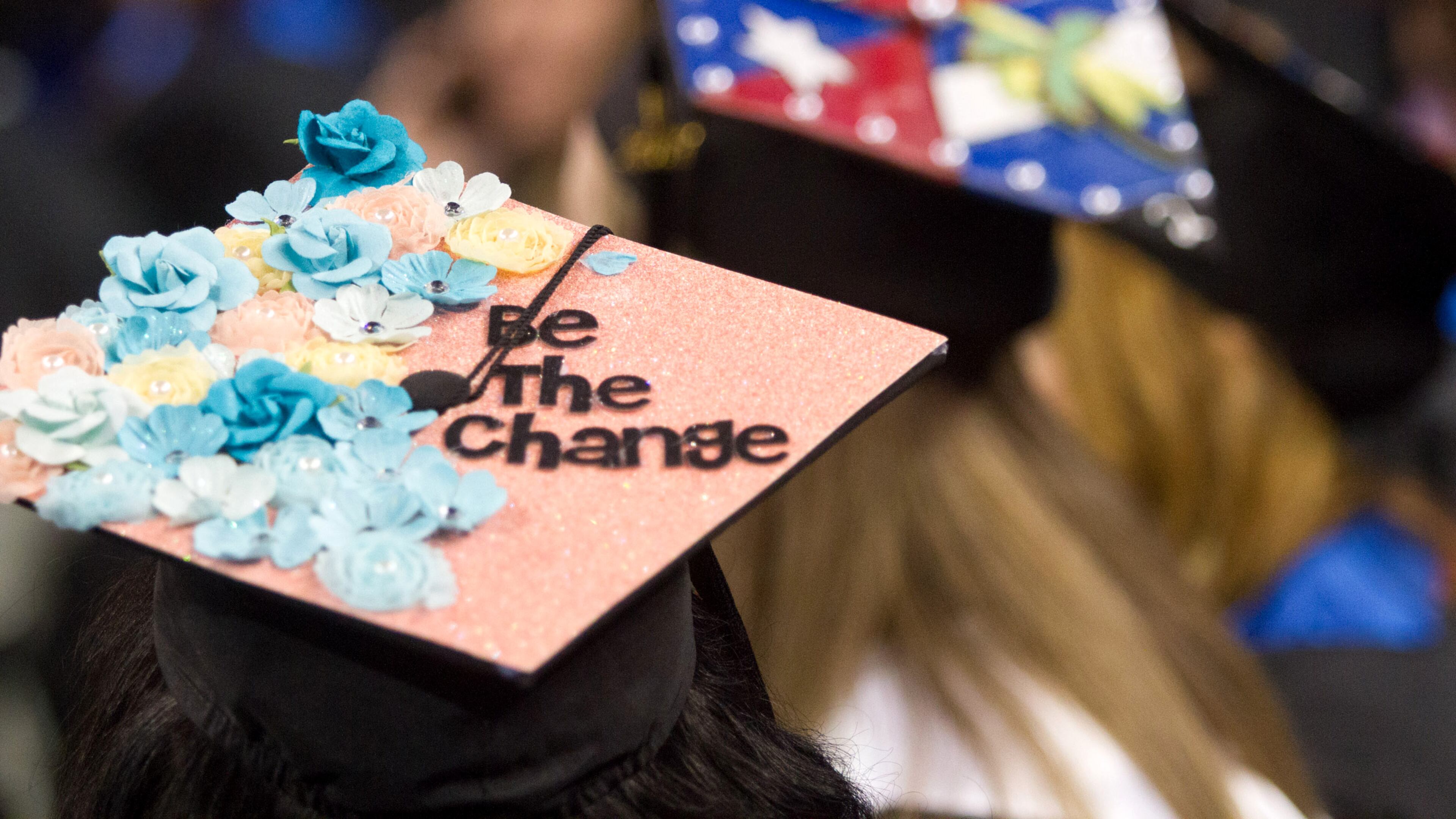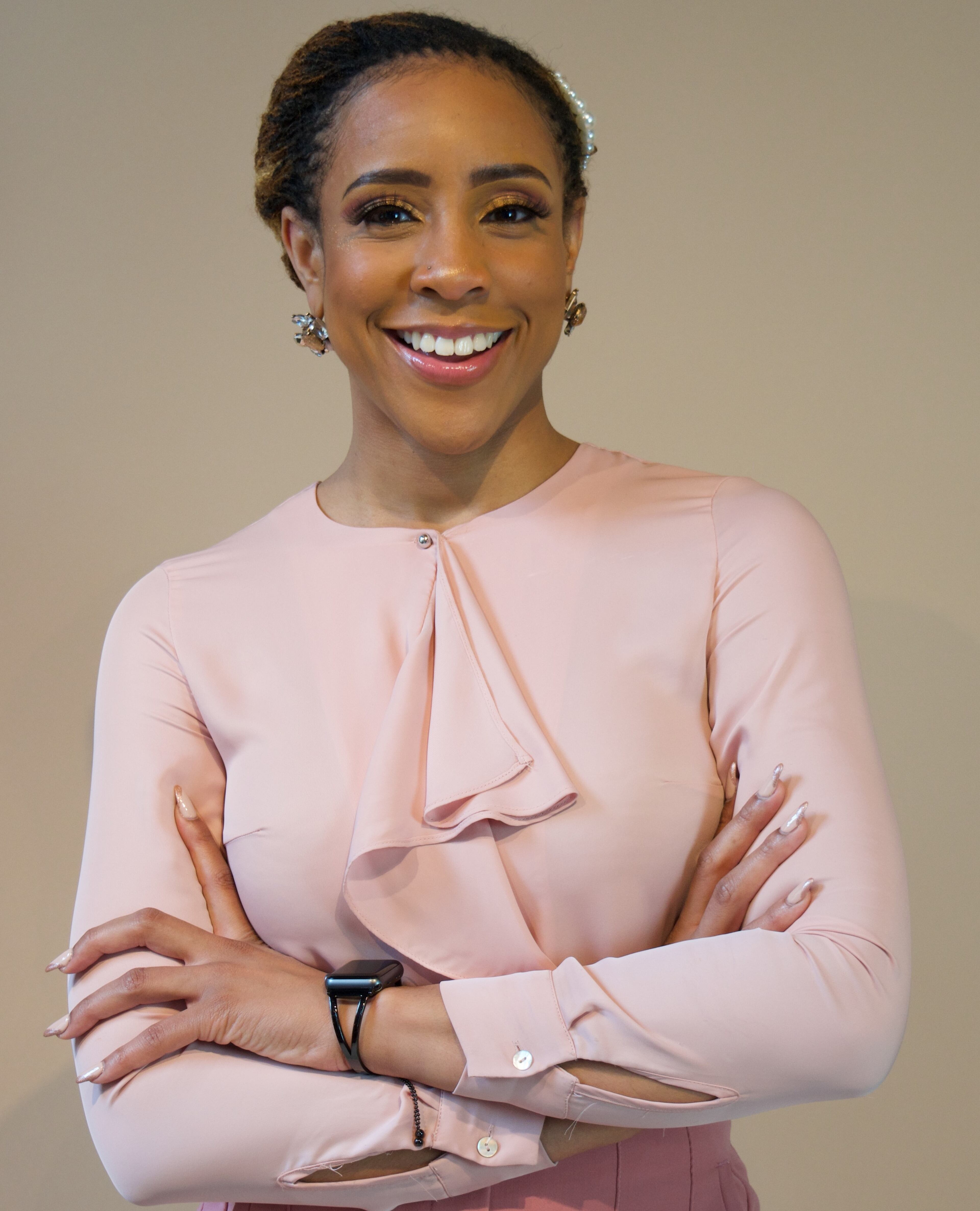Opinion: Georgia’s lack of need-based aid is legislative, moral failure

Ashley Young is a college counselor at Drew Charter School in Atlanta and a doctoral student at Georgia State University. She is studying education policy with a passion for college access, equity and participatory democracy.
By Ashley Young
I was shocked and angry when I learned that Georgia is one of only two states that does not provide need-based financial aid to college students. I could not process this legislative and moral failure. There was $1.5 billion in the Georgia Lottery reserve, including $781 million in unrestricted reserves above the legal requirement of the lottery. Yet too many students in our state could not access the financial aid needed to help them afford college.
This failure hurts many Georgia students, including those I have worked with as a college counselor. Levi was among them. Determined to attend college, he could not afford it and now works in the fast-food industry. The issue of college affordability combined with the demand for higher education only exacerbates obstacles for marginalized students. The Georgetown University Center on Education and the Workforce reports the demand for postsecondary training has increased exponentially, but higher education costs have failed to remain affordable for most students.
What does this mean in a state with such a robust merit-based scholarship program?
The HOPE Scholarship program only increases the disparity of college access and matriculation between white students and students of color. In its review of state data, the Georgia Budget and Policy Institute found more than 90% of public college students with family income greater than $120,000 received either HOPE, which pays partial tuition, or Zell Miller, which has higher academic requirements and pays full tuition. Seventy percent of Zell Miller Scholarship recipients are white; 6% are Black.
The good news is the General Assembly has the power to combat this injustice by enacting need-based financial aid policy. The bad news is lawmakers must first reckon with the legacy of chattel slavery, the vestiges of Jim Crow and the insidious effects of structural racism in our country.
Stolen land and labor built both this nation and some of our nation’s most revered college campuses. That injustice can be addressed by giving Black students who can trace their lineage to people who were enslaved and native students whose ancestors are Indigenous the right to attend college at no cost. This may sound like a radical position, but it’s a necessary solution that we must normalize for those who have traditionally been excluded from building wealth. A solution that would not only provide education access for students, but an opportunity for racially marginalized groups to finally narrow the racial wealth gap.

Enacting need-based aid policy would not only help students like Levi, but it also improves Georgia’s chance of reaching its economic goals. Now, Georgia’s postsecondary attainment rate is only 52.8%, and is projected to fall short of the 60% goal by 2025 to satisfy labor-market demands, according to the Georgia Partnership for Excellence in Education. The Selig Center for Economic Growth at the University of Georgia showed that investing in deserving Georgians pays off as college graduates in Georgia each add roughly $2 million to the state’s gross domestic product. Need-based financial aid provides access to low-income students like Levi and sets the trajectory for Georgia to reach both its economic and labor-demand goals.
Many of us know students who are in Levi’s predicament, someone excited for their next steps, but are unsure how they will reach their goals due to lack of financial means. When I met Levi as a junior in high school, his dream was a career in video production and editing. In the fall after graduation, I saw Levi’s mother at a school community event and I was excited to check in on his progress after high school. Unfortunately, he became part of the summer melt, giving up his plans for college due to the cost and going to work at a local fast-food restaurant where he remains three years later.
So where do we go from here? It is imperative that as a nation, we learn the truth about the history of wealth inequality and the role it plays in white supremacy. Without being able to clearly identify this disparity as a problem, we cannot address and solve the problem. Poet Amanda Gorman eloquently reminded us that we can pursue proper reconciliation in her 2021 Inauguration Day poem, “The Hill We Climb,” proclaiming, “It is because being an American is more than the pride we inherit, it’s the past we step into and how we repair it.”
Policymakers in Georgia have an opportunity in the 2022 legislative session to reconcile the past transgressions and most importantly to help those existing on the margins. It is urgent that state legislators are held accountable for their epistemological ignorance and lack of urgency that has led to the continued absence of educational policy for need-based scholarships. Time is up.

